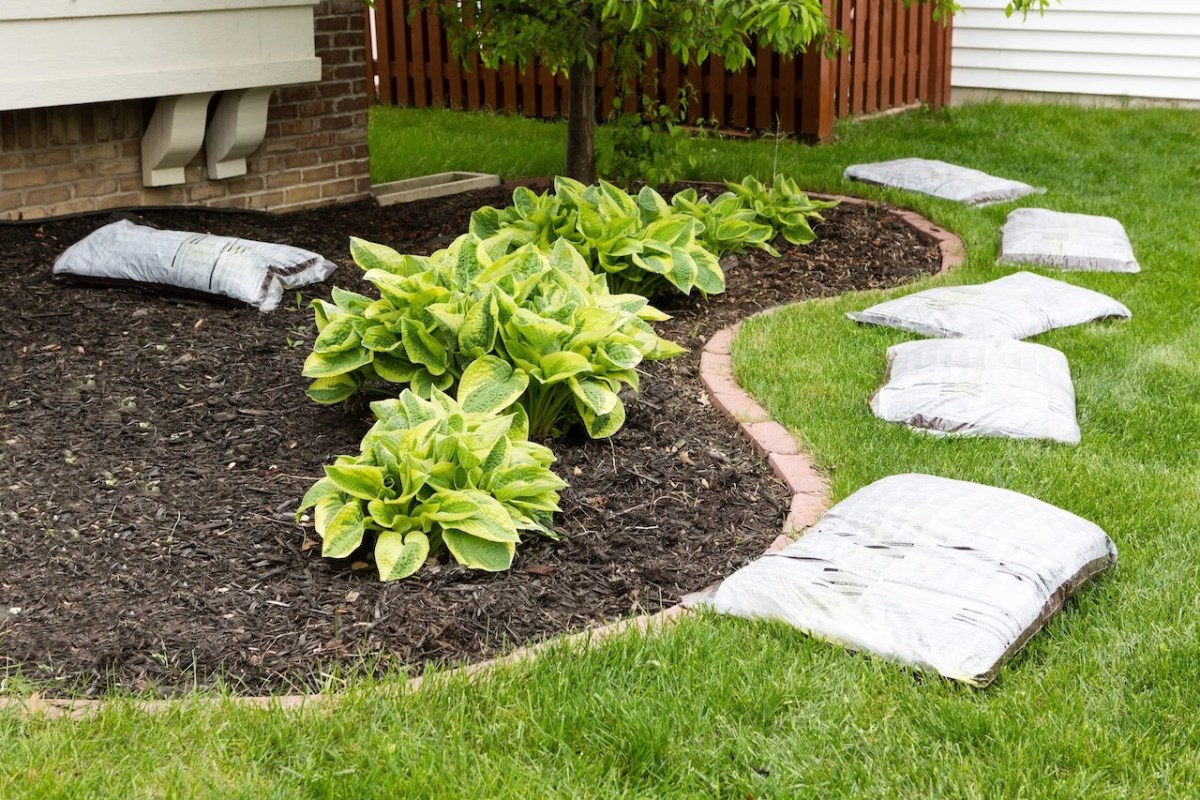One homeowner was blindsided when they discovered that their new house came with a toxic mess in the yard: rubber mulch.
"Bought a house with rubber mulch," said the original poster with an eye-roll emoji. "We didn't even know it. It just looks faded."
Made from shredded tires, this popular landscaping material is becoming infamous among gardeners. It smells, it leaches harmful chemicals into the soil, and it's extremely difficult to clean up once it's been put in place.
But it can also be hard to spot, especially if it's covered with soil, plants, or other mulch. According to this homeowner, they had to learn about it from a professional.
"We talked to a neighborhood landscaper who was out putting down mulch today," they said. "He's the one who told us we have rubber."
The original poster was desperate for a solution. "Can we put real mulch over the faded rubber?" they asked.
Commenters warned the original poster not to cut corners.
"Can you? Yes. Should you? No," said one user. "Rubber mulch will leak minute amounts of chemicals into the soil that can cause difficulties for certain plants to grow. Over time, it can be a big issue. … More than that, as the natural mulch you lay on top breaks down, the rubber mulch underneath will become exposed and it'll look terrible. You should pull the rubber mulch up and replace it with natural."
Thankfully, there are low-effort options that will do the trick once the rubber mulch is removed.
Native plants are the perfect choice since they're accustomed to the local growing conditions and need very little care. Owners can save on water and time, and the plants even provide food for pollinators! Even replacing part of your yard with a natural lawn gives you access to these benefits.
If you're interested in rewilding your yard, check out this guide.
Join our free newsletter for easy tips to save more, waste less, and help yourself while helping the planet.









